Subprime home foreclosures-bail them out or foreclose
qdognj
17 years ago
Related Stories
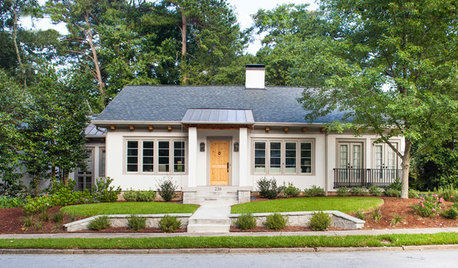
BEFORE AND AFTERSHouzz Tour: A Georgia Foreclosure Gets a Major Overhaul
Gutting and redesigning turn a mishmash 1925 home into a unified haven with better flow
Full Story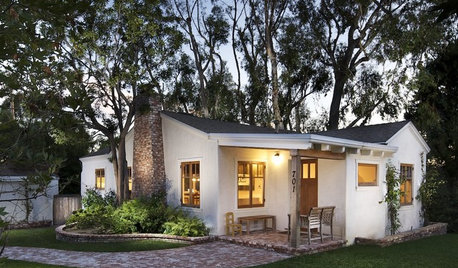
MOVING5 Risks in Buying a Short-Sale Home — and How to Handle Them
Don’t let the lure of a great deal blind you to the hidden costs and issues in snagging a short-sale property
Full Story
SELLING YOUR HOUSEHow to Stage Your Kitchen for a Home Sale
Attract buyers with a kitchen that’s clean, bright and welcoming — no expensive overhaul required
Full Story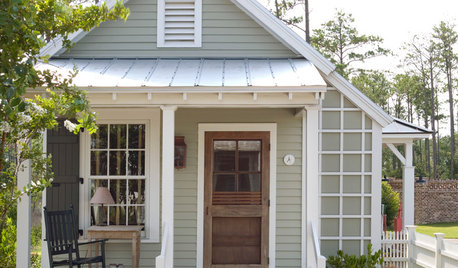
MOVINGHow to Avoid Paying Too Much for a House
Use the power of comps to gauge a home’s affordability and submit the right bid
Full Story
SELLING YOUR HOUSEYour Home-Selling Guide for a Faster and Better Sale
Learn staging and curb appeal tricks, how to get the best photos and more in this roundup focusing on high-impact house-selling strategies
Full Story
MOST POPULARFirst Things First: How to Prioritize Home Projects
What to do when you’re contemplating home improvements after a move and you don't know where to begin
Full Story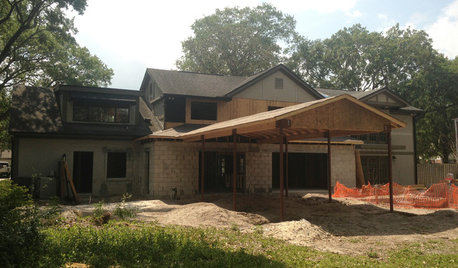
REMODELING GUIDESHouzz Survey: Renovations Are Up in 2013
Home improvement projects are on the rise, with kitchens and baths still topping the popularity chart
Full Story
LIFECreate a 'Forever House' Connection
Making beautiful memories and embracing your space can help you feel happy in your home — even if you know you'll move one day
Full Story
REMODELING GUIDESWhere to Splurge, Where to Save in Your Remodel
Learn how to balance your budget and set priorities to get the home features you want with the least compromise
Full Story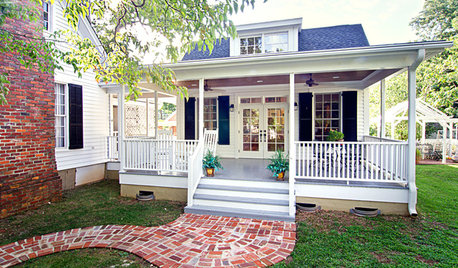
LIFE8 Ways to Make an Extra-Full Nest Work Happily
If multiple generations or extended family shares your home, these strategies can help you keep the peace
Full Story






saphire
dave_donhoff
Related Discussions
Medicaid and Home Foreclosure
Q
rental house going to foreclosure
Q
Should I let my house go to foreclosure?
Q
My foreclosure dream house
Q
kgwlisa
callieandkarin
valtog
feedingfrenzy
dave_donhoff
bentruler
feedingfrenzy
Nancy in Mich
bentruler
saphire
FatHen
marys1000
feedingfrenzy
tampacondo
mrfnuts_yahoo_com
feedingfrenzy
mrfnuts
feedingfrenzy
dave_donhoff
mrfnuts
saphire
dave_donhoff
feedingfrenzy
mrfnuts
feedingfrenzy
dave_donhoff
feedingfrenzy
mrfnuts_yahoo_com
saphire
feedingfrenzy
mrfnuts
phreylan
mrfnuts
feedingfrenzy
dave_donhoff
feedingfrenzy
feedingfrenzy
mrfnuts
dave_donhoff
housenewbie
feedingfrenzy
dave_donhoff
feedingfrenzy
dave_donhoff
feedingfrenzy
dave_donhoff
mrfnuts
saphire